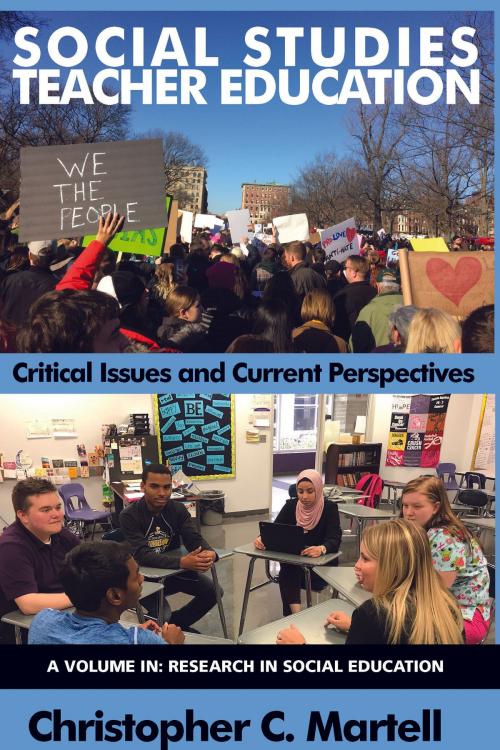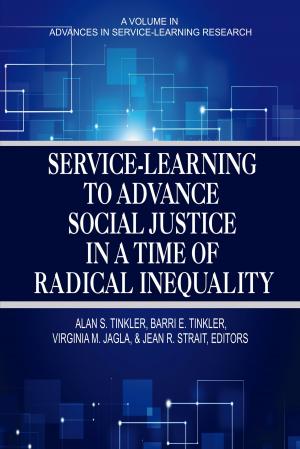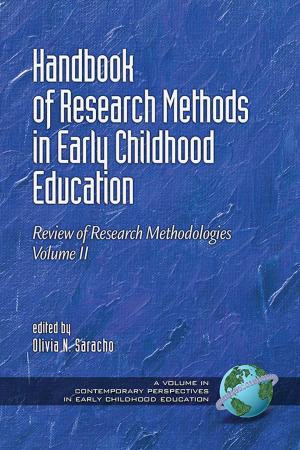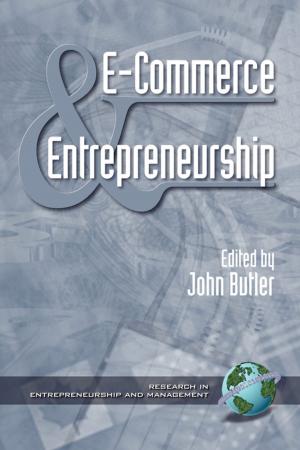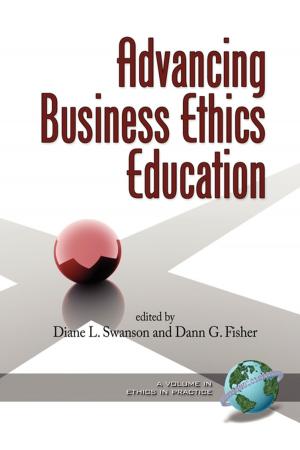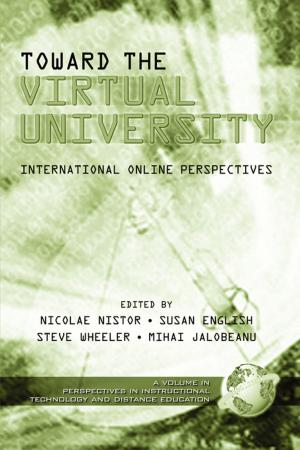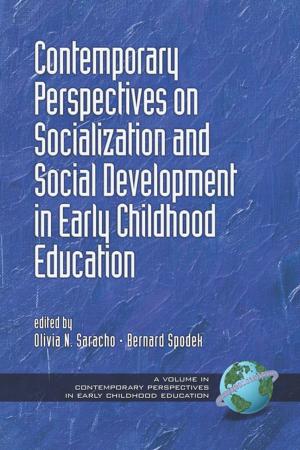Social Studies Teacher Education
Critical Issues and Current Perspectives
Nonfiction, Reference & Language, Education & Teaching, Social & Cultural Studies, Social Science| Author: | ISBN: | 9781641130486 | |
| Publisher: | Information Age Publishing | Publication: | October 1, 2017 |
| Imprint: | Information Age Publishing | Language: | English |
| Author: | |
| ISBN: | 9781641130486 |
| Publisher: | Information Age Publishing |
| Publication: | October 1, 2017 |
| Imprint: | Information Age Publishing |
| Language: | English |
Over the past decade, the world has experienced a major economic collapse, the increasing racial inequity and highprofile police killings of unarmed Black and Brown people, the persistence of global terrorism, a largescale refugee crisis, and the negative impacts of global warming. In reaction to social instability, there are growing populist movements in the United States and across the world, which present major challenges for democracy. Concurrently, there has been a rise of grassroots political movements focused on increasing equity in relation to race, gender, class, sexual orientation, and religion. The role of social studies teachers in preparing the next generation of democratic citizens has never been more important, and the call for more social studies teacher educators to help teachers address these critical issues only gets louder. This volume examines how teacher educators are (or are not) supporting beginning and experienced social studies teachers in such turbulent times, and it offers suggestions for moving the field forward by better educating teachers to address growing local, national, and global concerns. In their chapters, authors in social studies education present research with implications for practice related to the following topics: race, gender, sexual orientation, immigration, religion, disciplinary literacy, global civics, and social justice. This book is guided by the following overarching questions: What can the research tell us about preparing and developing social studies teachers for an increasingly complex, interconnected, and rapidly changing world? How can we educate social studies teachers to “teach against the grain” (CochranSmith, 1991, 2001b), centering their work on social justice, social change, and social responsibility?
Over the past decade, the world has experienced a major economic collapse, the increasing racial inequity and highprofile police killings of unarmed Black and Brown people, the persistence of global terrorism, a largescale refugee crisis, and the negative impacts of global warming. In reaction to social instability, there are growing populist movements in the United States and across the world, which present major challenges for democracy. Concurrently, there has been a rise of grassroots political movements focused on increasing equity in relation to race, gender, class, sexual orientation, and religion. The role of social studies teachers in preparing the next generation of democratic citizens has never been more important, and the call for more social studies teacher educators to help teachers address these critical issues only gets louder. This volume examines how teacher educators are (or are not) supporting beginning and experienced social studies teachers in such turbulent times, and it offers suggestions for moving the field forward by better educating teachers to address growing local, national, and global concerns. In their chapters, authors in social studies education present research with implications for practice related to the following topics: race, gender, sexual orientation, immigration, religion, disciplinary literacy, global civics, and social justice. This book is guided by the following overarching questions: What can the research tell us about preparing and developing social studies teachers for an increasingly complex, interconnected, and rapidly changing world? How can we educate social studies teachers to “teach against the grain” (CochranSmith, 1991, 2001b), centering their work on social justice, social change, and social responsibility?
